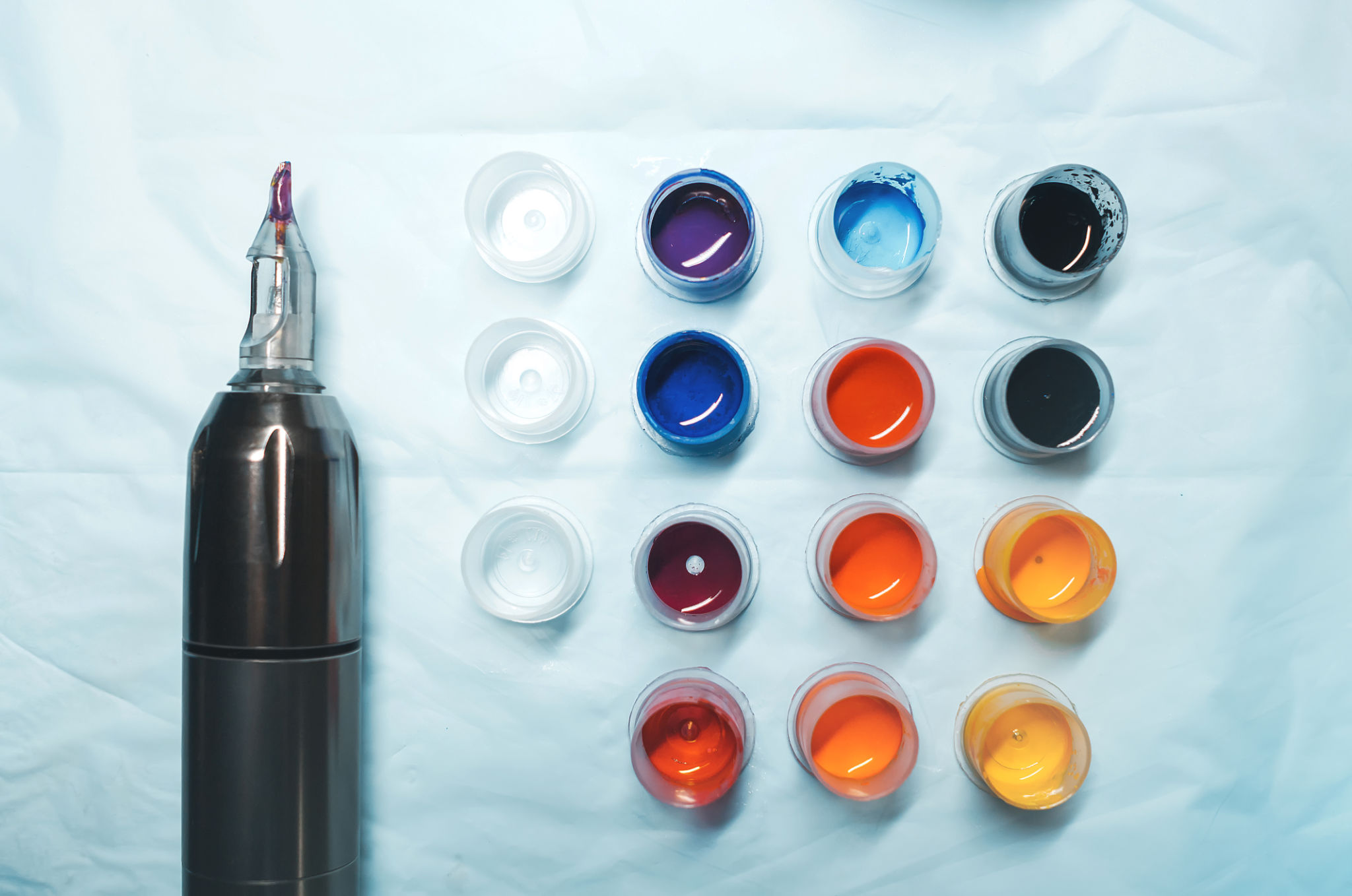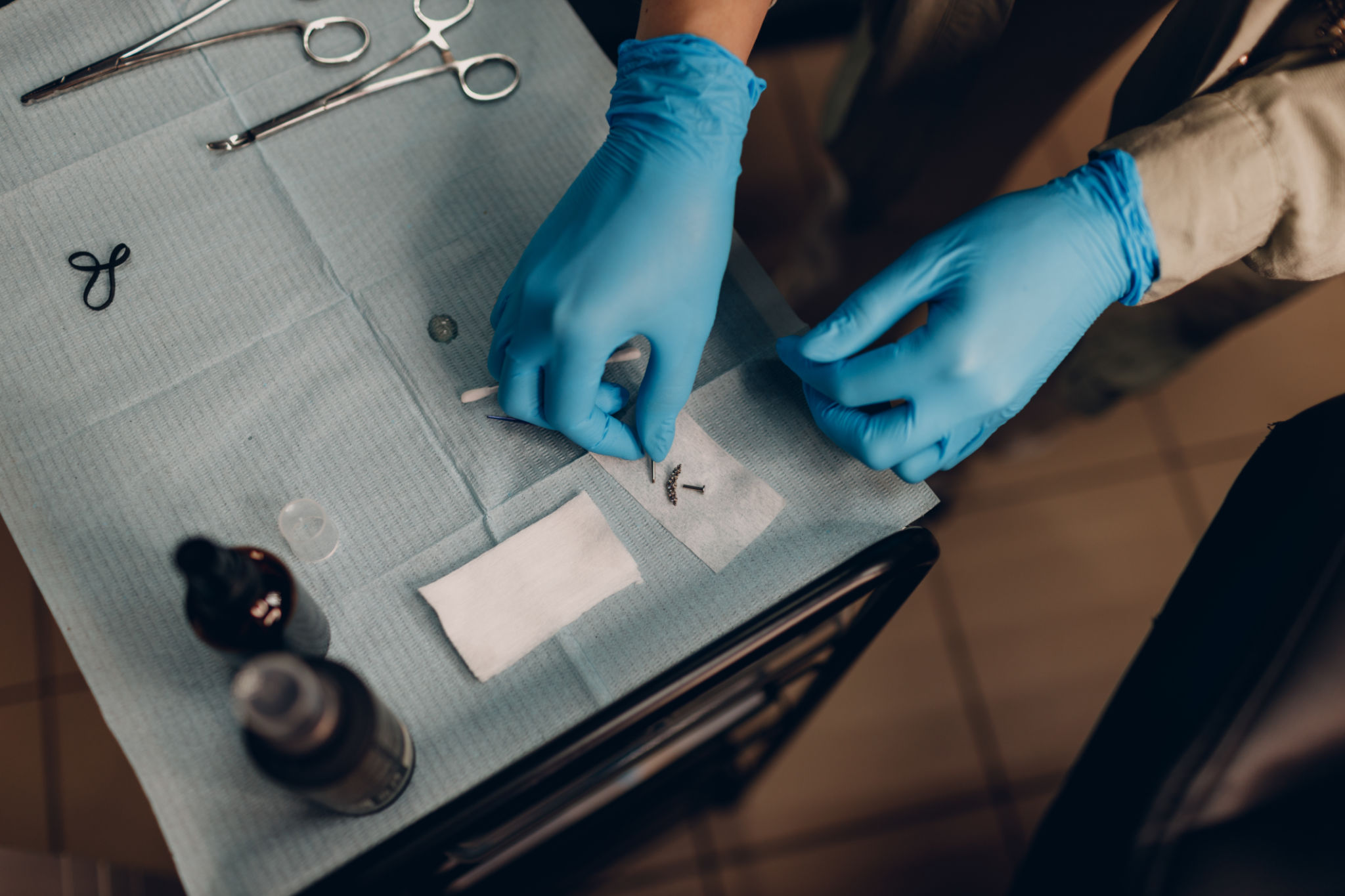Debunking Myths: Tattoo and Piercing Safety
Understanding Tattoo and Piercing Safety
When it comes to tattoos and piercings, safety is often a major concern for both enthusiasts and newcomers. Unfortunately, various myths and misconceptions can cloud judgment and lead to unnecessary anxiety. This post aims to debunk some of the most common myths about tattoo and piercing safety, helping you make informed decisions.
One prevalent myth is that tattoos and piercings are inherently dangerous. While any procedure that breaks the skin carries some risk, when performed by a professional in a sterile environment, tattoos and piercings are generally safe. Reputable artists follow strict hygiene protocols to minimize any potential health risks.

Myth: Tattoos Are Permanent Health Risks
A common misconception is that tattoos pose a lifelong health risk. In reality, the risk of infection or allergic reaction is significantly reduced when you choose a licensed and experienced artist. Most issues arise from improper aftercare, so it's crucial to follow the artist's instructions diligently.
It's important to note that tattoo inks have evolved over the years and are now subject to stringent regulations in many countries. This means that the ingredients used are safer than ever before, reducing the likelihood of long-term health issues.

Myth: Piercings Are More Prone to Infection
Another myth is that piercings are more likely to become infected than tattoos. While the risk of infection does exist, it largely depends on the aftercare routine. Like tattoos, piercings require proper cleaning and maintenance to heal correctly.
Professional piercers use sterile tools and high-quality materials to minimize risks. It's crucial to avoid touching new piercings with dirty hands and to clean them according to your piercer's instructions. Following these guidelines will significantly reduce the chance of infection.

Myth: All Tattoo Inks Are Toxic
Some people believe that all tattoo inks are toxic. This myth likely stems from isolated cases where unregulated or homemade inks were used. Reputable tattoo artists use inks that comply with health and safety regulations, ensuring they are non-toxic and safe for use on the skin.
As with any body modification, it's essential to communicate any allergies or skin sensitivities with your artist beforehand. This will allow them to choose inks that are compatible with your skin type, further minimizing any potential risks.
The Role of Aftercare
Proper aftercare is crucial in ensuring the safety and longevity of tattoos and piercings. Many complications arise from neglecting this vital step. Aftercare instructions are not just suggestions; they are essential guidelines for promoting healing and preventing infections.
Regularly clean your new tattoo or piercing with recommended products, avoid submerging it in water for extended periods, and refrain from removing any scabs prematurely. These practices help ensure a smooth healing process.
- Follow aftercare instructions provided by your artist.
- Avoid touching new modifications with unwashed hands.
- Use gentle, fragrance-free cleansers.
By dispelling these myths, we hope to alleviate some of the concerns surrounding tattoos and piercings. When done responsibly, these forms of self-expression can be both safe and rewarding. Always choose reputable professionals and adhere to their advice for the best results.
